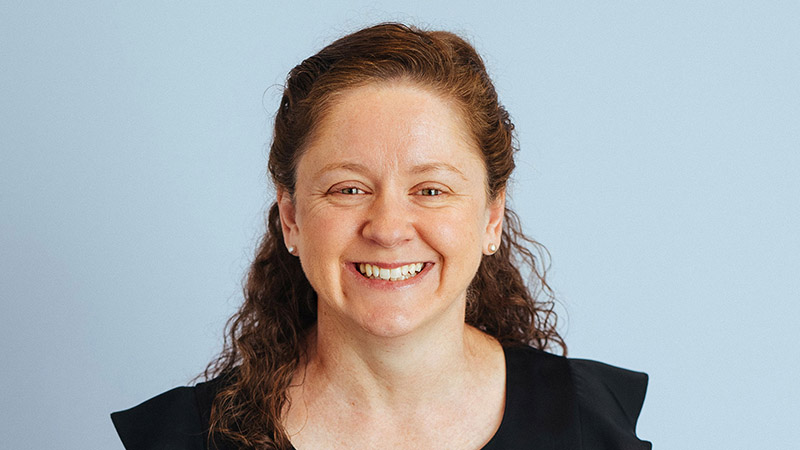Change of trustee can trigger ATO ‘risk assessment’
Where there is a change of trustee for a fund, the ATO may decide to undertake a risk assessment to review new trustees or directors, which can sometimes cause delays to the process, an SMSF service provider warns.
In an online article, Heffron head of SMSF technical and education services Lyn Formica explained that just like the process for new funds, sometimes the change of trustee is dealt with seamlessly and the fund’s details are immediately updated on the Australian Business Register (ABR) with no problems.
“However, there are times when the process is delayed. This will usually be because the ATO is undertaking their risk assessment,” Ms Formica said.
Similar to its assessment with new funds, the ATO, she said, is looking to protect the integrity of the super system by reviewing the new trustees or directors and checking to see if they have a history of insolvency, have been convicted of crimes involving dishonesty, are the trustee or director of the corporate trustee of another SMSF or have been in the past, or have a poor personal or related party tax lodgement history.
“Even funds who change from individual trustees with the same individuals as directors of the new corporate trustee are caught in this process,” she noted.
“Similarly, funds with corporate trustees, where there is no change in the trustee itself, who add new directors should expect the new director to be reviewed.”
While this review process is being undertaken, Ms Formica pointed out that the fund’s status on Super Fund Lookup (SFLU) will show as “Regulation details withheld”.
This means that until the ATO’s review is complete and the fund’s status returns to “Complying”, members will be unable to roll over money to the SMSF, employers will not be able to make contributions to the fund using SuperStream and the fund won’t be able to open a new bank account, she explained.
With the risk assessment process potentially taking up to 56 days, this can leave many funds in a difficult position, she cautioned.
However, she noted that there are steps that can be taken to ensure a smoother process.
“Depending of the financial institution, it may be appropriate to ensure the fund’s investment bodies are notified of the change of trustee (and any new accounts activated) before notifying the ATO of the change of trustee. Or alternatively, notify the ATO of the change of trustee first and allow the risk assessment process to play out before notifying the fund’s financial institutions of the change,” she recommended.
For funds receiving regular contributions from employers, Ms Formica said it may be possible to time notifying the ATO of the change of trustee for immediately after a monthly or quarterly contribution payment.
“Worst case, it may be necessary to have employer contributions paid to another fund for a short time to ensure that the member still receives the money somewhere even if they have to roll it over to their SMSF later,” she suggested.
“However, watch out for traps here. For example, if the intention was to split those contributions to the member’s spouse, the split must occur in the receiving fund before the rollover occurs. Similarly, if the member is also making non-concessional contributions by payroll deduction and was intending to claim a personal tax deduction for some or all of these, the deduction paperwork must be completed before the rollover.”
Ms Formica said it is very important, however, to ensure changes relating to an SMSF’s members, trustees or directors of a corporate trustee are still notified to the ATO within 28 days of the change.
“Remember that the fund is actually still a complying fund, it’s just that the usual methods of providing independent verification of that fact to external parties like employers, clearing houses and other superannuation funds are in limbo,” she said.
“A client wishing to make a large non-concessional contribution to their fund from their own bank account could happily still do so.”

Miranda Brownlee
Miranda Brownlee is the deputy editor of SMSF Adviser, which is the leading source of news, strategy and educational content for professionals working in the SMSF sector.
Since joining the team in 2014, Miranda has been responsible for breaking some of the biggest superannuation stories in Australia, and has reported extensively on technical strategy and legislative updates.
Miranda also has broad business and financial services reporting experience, having written for titles including Investor Daily, ifa and Accountants Daily.


